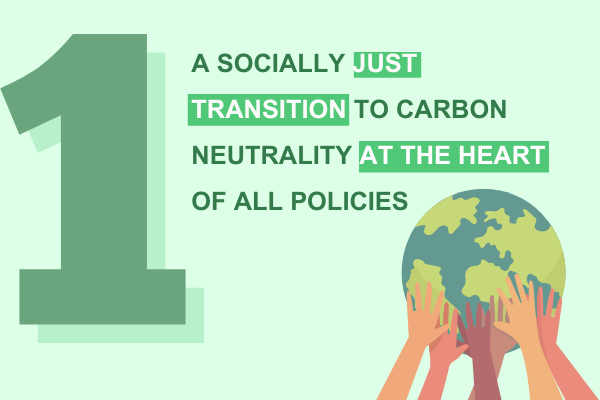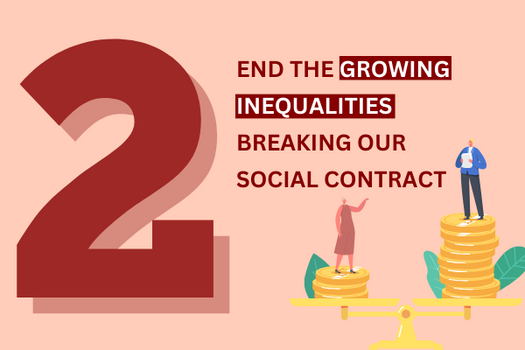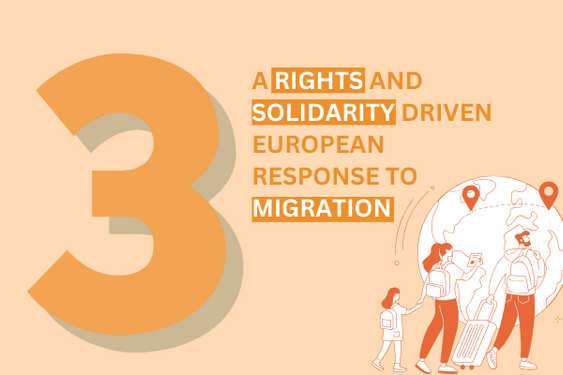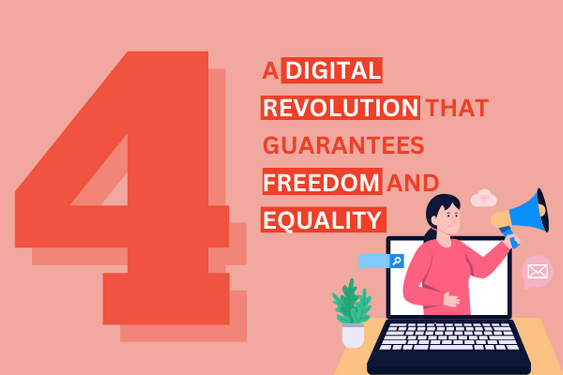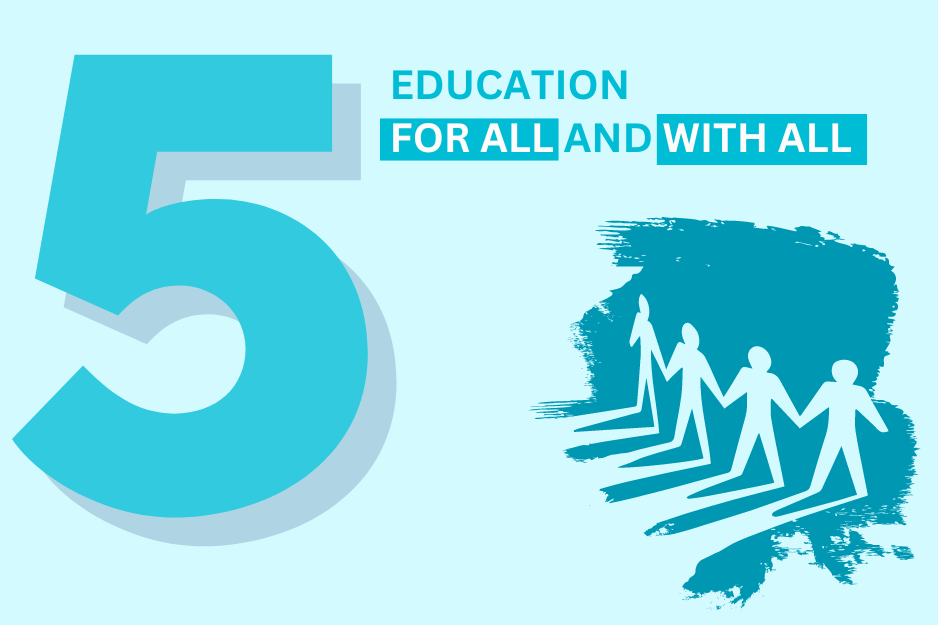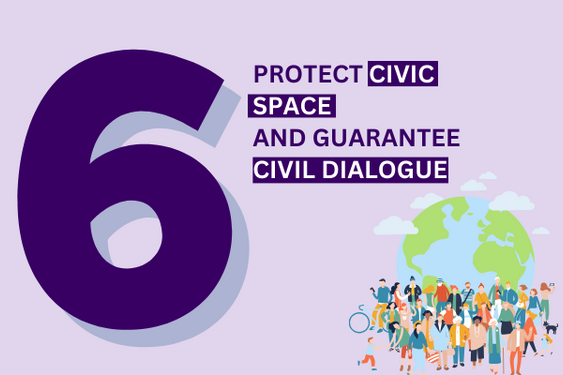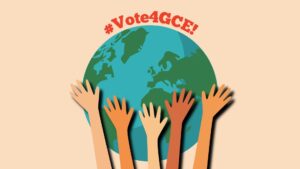A digital revolution that guarantees freedom and equality
The swift digital revolution in Europe, fueled by AI, robotics, and connectivity, continually transforms our lives. Proactive national and international regulations must safeguard privacy, uphold social and democratic rights, and ensure individual security.

Vision
We call for a new perspective on the digital realm, recognising it as a public good. We call on the EU to lead global efforts to promote human, social and economic rights in the digital age. Digital transformation must prioritise people and planet, strengthen societies and democracies, and tackle inequality. Read more about SOLIDAR’s work on a fair digital transition.
Key asks
- The EU should ensure high quality, accessible and inclusive digital education and training for all. In order for learners to fully and effectively participate in a digitised society, critical thinking and media literacy are essential. In this regard, more efforts must be made to close the digital divide and increase basic digital skills among European citizens.
- The EU should prevent any form of surveillance, be it in the workplace, the borders or the public space, which is applied in a way that reduces social and fundamental rights and perpetrates discrimination.
- The EU should ensure that the increasing digitalisation of the world of work, including through the introduction of AI, improves working conditions and the work-life balance – eliminating unsafe and alienating tasks and reducing the working time – and makes the work environment more inclusive and democratic. The EU should make sure that the digitalisation of the provision of essential services including social services is anchored in a rights-based framework and that it improves the accessibility, adequacy, quality and take-up of such services.
- The EU should adopt a multifaceted approach to combating fake news and hate speech in the digital sphere, focusing on digital literacy education, public awareness campaigns, fact-checking initiatives, regulatory reforms, and the promotion of digital citizenship to foster a safer and more inclusive online environment.
- Digitalisation should never be used to maximise productivity for the gains of private companies exclusively without improving living and working conditions and benefitting society as a whole. Ensure fair competition in the digital sector, contrasting the domain of Big Techs. Foster more inclusive and people-centered digital solutions also through the support to social economy actors in the digital realm.
What have we done so far?
- Promotes Global Citizenship Education and Digital Citizenship Education to bridge the digital divide and foster the digital skills needed for a just transition, for example through participation in the ECHO network.
- Ensures that the AI Act puts people and fundamental rights first, by publishing statements and position papers together with coalitions of partners.
- Monitors the risks linked to AI and social rights in the area of migration, social protection, labour rights, etc to mitigate its effects.
- Pushes for the establishment of an ambitious EU directive on improving working conditions in platform work.
- Monitors the developments of the updated Digital Education Action Plan which ensures the coordination of the digital transition between 2021 and 2027.


